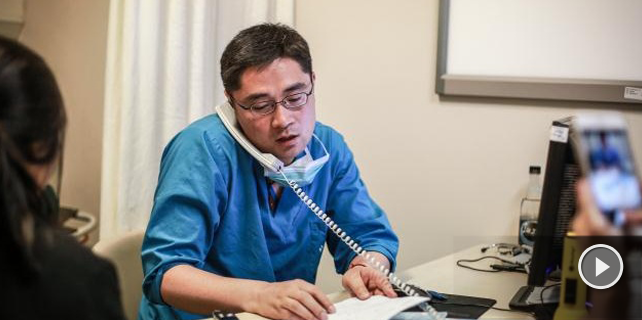Legislators mull extension to Chinese jury program
Legislators have been engaged in heat discussion over an application by the Supreme People's Court to extend a pilot program on how Chinese juries are selected.
The application, submitted on Monday to the Standing Committee of the National People's Congress, the top legislature, states there are problems with the ongoing two-year pilot program that need solving.
"This is why we have applied for the one-year extension until May 2018," said Shen Deyong, executive vice-president of the Supreme People's Court.
The pilot program was launched in April 2015 at 50 courts in 10 provincial regions, including Beijing, Chongqing and the provinces of Hebei and Shandong. It aims to increase public participation in legal proceedings and improve the standing of court rulings by selecting more jurors at random and from different walks of life.
Different from the US system, in which jurors are randomly selected, jurors in China have previously been chosen from candidates recommended by local authorities and committees.
Wu Xiaoling, member of the committee, said at the committee's bimonthly session that he approves of the extension "because the quality of the country's jurors needs to be improved".
However, she added, "We must select those with legal knowledge and a passion for participating in case hearings."
He Yehui, member of the committee, also agreed with the extension. "There is no clear mechanism regarding jurors," she said. "We lack a unified standard to regulate jurors, such as how to compensate them."
Zhu Lieyu, who is a lawyer, added that the extension is a must: "Sometimes, young people don't have time to participate in case hearings, so it's better to turn to retired experts."
However, Cong Bin questioned the random selection of jurors, saying the quality of trials is as important as public participation.
He suggested setting up a professional database of jurors "who have specific areas of expertise, so appropriate jurors can be selected for each case".
The draft will continue to be discussed at the bimonthly session, which ends on Thursday.
















